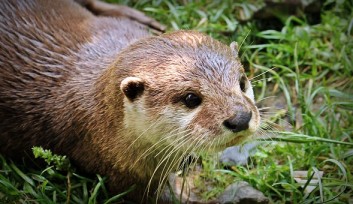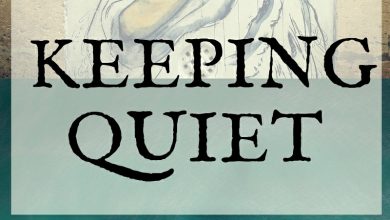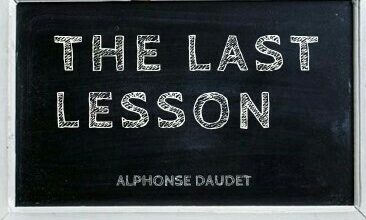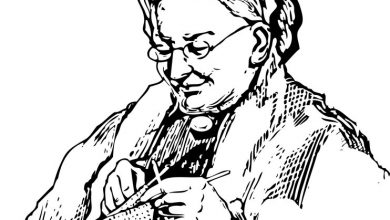
Gavin Maxwell is a Scottish author and naturalist, known primarily for his work with otters. His most famous and best-selling book is “Ring of Bright Water” which is an account of his experiences with his pet otters and his life with them at his house in coastal Scotland. The book, which was later also made into a film, describes how he brought a smooth-coated otter from his trip to Iraq and raised it as his pet at Camusfearna, his house at Sandiag, on the west coast of Scotland, which owing to its proximity with water, appeared to him as the most suitable place to carry out his “experiment” of domesticating an otter.
In “Mijbil the Otter”, Maxwell narrates his initial experiences with his pet otter whom he named Mijbil, and the changes brought into his life by its presence as he adjusted, played and travelled with it throughout his journey from Iraq to London, developing a strong bond and attachment through it all.
It was in early 1956 when Maxwell had travelled to Southern Iraq, that the idea of keeping an otter as his pet first crossed his mind as he believed that his house Camusfearna, located very close to the sea, would be the ideal place to do so. When he expressed his desire to his friend, he was suggested by him to get his otter from the Tigris marshes in Iraq as they were quite common there and were also tamed to an extent by the Arabs.
During this trip, he and his friend had to go to Basra to collect their mail from the Consulate-General but upon reaching there, they found that only the friend’s mail had arrived and so, Maxwell had to stay there for some while till his mail arrived. His friend, having already received his mail, left from there, agreeing to meet him after a week. The author’s mail arrived five days later, and along with that came a surprise which changed his life forever. As he took the mail to the bedroom, he found therein two Arabs who handed him a sack and a note from his friend saying that it was the otter that he had been wishing for, and which would, with time become one of the biggest obsessions, beginning in his life a phase he had never experienced before.
Upon opening the sack, he discovered that the otter bore resemblance to a small, medieval dragon, with a symmetrical pointed scale covering him from head to toe and its soft, chocolate-brown fur that lay between the tips of those scales. The otter was a rare species which was not previously known to humans. While the zoologists named it Lutrogale perspicillata maxwelli, that is, Maxwell’s otter, Maxwell himself decided to call it Mijbil.
The next couple of days were spent in both Maxwell and the otter getting to know each other and developing an understanding and bond with one another. While initially Mijbil was a little indifferent, it soon warmed up to Maxwell, beginning to sleep on his bed and trying to understand his new surroundings. When Maxwell took him into the bathroom to play around with water in the bathtub, Mijbil had the time of his life and thoroughly enjoyed splashing and jumping in the water. In fact, he, like all other otters, loved playing with water so much that he soon himself learnt to open the faucets in the bathtub to fill it with water. He was indeed a very smart creature because not only did he manage to figure out the working of the taps, he also began to respond when his name was being called and would follow the author around even without a lead. Playing with a rubber ball that he shuffled around the room and juggling with small objects, marbles being his favourite, were some other tricks he had mastered to keep himself busy.
Soon enough, time came for them to leave Basra and move to England, from where they would head to Camusfearna. However, transporting Mij to England posed a problem for Maxwell as the British airline to London did not fly animals. So, he had to book another airline which insisted that Mijbil should be packed into an 18 inches square box which was to be carried on the floor at the author’s feet. Thus, Maxwell had such a box made and put Mij into it an hour before the flight so that he would get used to it. However, to his utter dismay, when he came to check up on Mij after a while, a shocking sight greeted him. Mij had torn the metal lining of the box, in the process hurting himself at various places. Having very little time to spare, Maxwell quickly removed the remaining sharp edges and after putting Mij back into the box, left for the airport to board the flight. Fortunately, the airhostess in the plane was very kind and considerate, and upon learning of Maxwell’s situation and all that had happened earlier, allowed him to have Mijbil on his knee. But as soon as he was released from his box, Mij started running all around in the aircraft, causing havoc among the other passengers. The airhostess managed to control the situation and reassured him that she will bring his otter back and soon enough, Mij returned to Maxwell.
Upon reaching London after this action-packed journey, Mij and Maxwell spent nearly a month at his flat there during which Mij discovered many new toys and games with which he could play and even invented a game of his own using a damaged suitcase belonging to Maxwell and a ping-pong ball. The author also took him for regular walks to get him the required exercise outside the house. While on these walks, Mij’s behaviour resembled that of little children who on their way to and from their schools have the habit of doing certain compulsive things like touching a particular railing or placing their feet in the centre of each block. Mij’s habit was to gallop across the wall of a school on his way back home from his walk, distracting both the teachers and the students.
Another thing that came to Maxwell’s notice was that the average Londener had very little knowledge of otters as he came across people who made a variety of guesses as to the kind of animal Mijbil was. These guesses greatly amused the author, and he found some of them to be ridiculously funny and random. People believed Mijbil to be a baby seal, a squirrel, a hippo, a beaver, a bear cub, a leopard who had changed his spots, a brontosaur- basically everything except an otter. And while these assumptions greatly amused Maxwell, the one that really stayed with him was when a labourer, while digging a hole on the street asked him in all seriousness, as to what kind of creature Mijbil was- he was so shocked and confused by the otter’s appearance.
In this story, Maxwell gives us a peep into his life and presents before us all the incidents and experiences that he underwent after Mijbil came into his life and how they developed a lifelong bond of love and mutual understanding. His life underwent a huge change after he decided to keep an otter as a pet and though his decision was not common, often attracting unusual remarks from people who did not understand or know anything about otters, he never regretted his choice of pet and enjoyed every moment of his journey with Mijbil. The attention to detail displayed by Maxwell is remarkable and the fact that despite being so detailed, the narrative never gets boring at any point is even more commendable. The story has it all- emotions, humour, certain surprising incidents and the freshness of a new and unique type of story.




